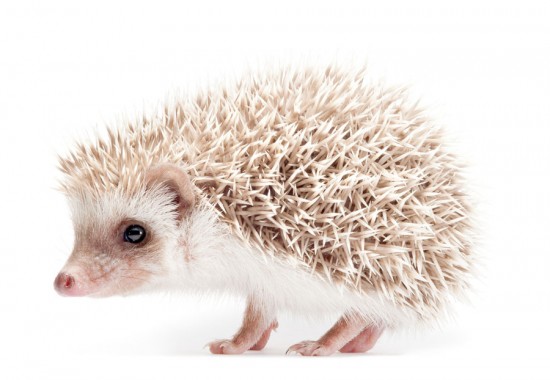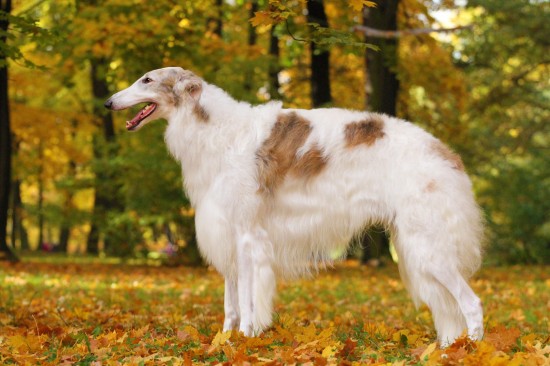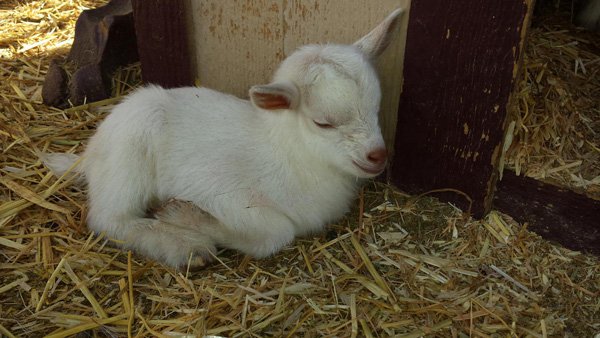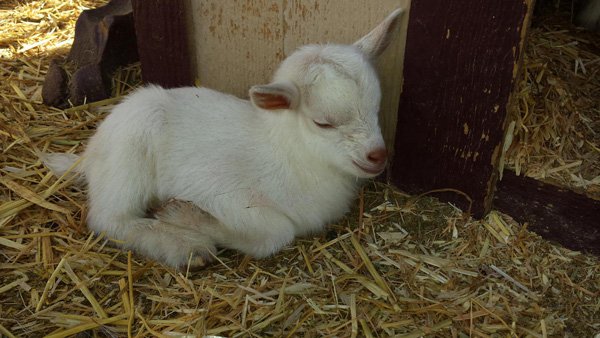

African pygmy hedgehogs - if you've never heard of them then you're probably not alone, as this relatively uncommon species of miniature hedgehog has only recently started to gain popularity as a pet in the UK. With their petite size, undeniably gorgeous faces and general cute- appeal, however, it's probably fair to say that interest in this exotic pet is growing on a daily basis, something which is cause for concern to some of the larger pet welfare charities and organisations.
So, do African pygmy hedgehogs make good pets, and should you consider owning one? This article on their care and maintenance will help you to decide.
The African pygmy hedgehog is a hybrid of the four toed hedgehog and the Algerian hedgehog, and is the most popular species of domesticated hedgehog in the world. The practice of domesticating hedgehogs and keeping them as pets began in the 1980's, a relatively recent timeframe in animal husbandry terms.
They are very delicate little animals, and not suitable as pets for younger children. Hedgehogs, like any domesticated animal, can bite when alarmed or hurt and so you will need to treat them with respect. They need gentle, patient handling, and you must be willing to spend the necessary amount of time taming them and getting them used to you during the initial months.
In order to thrive, African pygmy hedgehogs require a balanced diet composed of various different foodstuffs. A good quality dry cat food which is high in protein is one of the commonly fed staples, and a balanced and varied diet can be achieved with supplemental feeding of meat based (not fish) cat food from tins or pouches, boiled or scrambled egg, fresh fruit and vegetables, and lean cooked chicken, lamb or mince. Hedgehogs are insectivores, which means that their diet in the wild is composed mainly of insects. In order to promote natural feeding and cater for all of their dietary requirements, you should include mealworms, crickets, wax worms and silk worms in their regular feeding routine.
Like most hedgehogs, the African pygmy is rather solitary by nature, and in the wild hedgehogs only generally come together to mate- so keeping one African pygmy hedgehog on their own is perfectly acceptable. Keeping more than one male in the same cage will generally lead to fighting, and this is often the case with females kept together as well.
A lone African pygmy hedgehog will need a cage at least three feet by 1.5ft, more if possible. They can also live quite happily in rabbit hutches of reasonable dimensions.
You should not use a cage with a wire floor, or alternatively cover any wire flooring, as it might damage your little hedgehog's paws. Take care that the spacing of the wire on the walls is small enough that your hedgie won't get his head stuck between the bars- or be able to escape! Multi level cages and those with horizontal bars should be avoided, as hedgehogs are not great climbers and could fall and injure themselves.
An exercise wheel similar to the kind you can buy for hamsters should be provided, but this should be made of solid metal or plastic and not mesh or wires.
African pygmy hedgehogs are sensitive to cold and changes in temperature, so you will need to heat the cage by means of a heat pad. These hedgies need to be kept at a constant temperature of between 23 degrees Celsius and 24.4 degrees Celsius at all times.
Hedgehogs are nocturnal, meaning that they will be sleepy and inactive during the day, and you must respect this and allow them to sleep without interruption until the time that they naturally wake up and become active. Hedgehogs are also rather messy animals, and you will need to clean their cage and any equipment within it on a daily basis in order to keep them happy and healthy.
You will need to provide a sturdy ceramic food bowl for your hedgehog's meals, and clean and remove any uneaten food daily. A water bowl that cannot easily be knocked over is advised for drinking.
A nesting box with a small opening should be provided for your hedgehog to hide and sleep in during the day. It is advised to use recycled cardboard, such as Fina Card, as a bedding/substrate, or alternatively a fleece liner. It is not advised to use wood shavings due to the dust, as it can be irritant to your pet's skin and eyes. Pygmy Hedgehogs are prone to upper respiratory problems and wood shavings can cause this.
A thermometer should be put in a safe place in the cage, to make sure that the temperature remains constant and at a suitable level.
Your hedgehog will require twelve hours of light per day, in order to regulate their natural rhythms. A broad spectrum bulb or a standard light bulb on a timer is fine to use.
You will also need to provide toys and entertainment for your hedgie, in the form of plastic cat balls to chase and roll about, rags to burrow in, cardboard boxes and tubes to play in, and other pet safe toys.
Remember that the African pygmy hedgehog is still considered to be a very unusual pet in the UK, and lots of vets, even those specialising in exotic animals, will not be experienced in their care or equipped to deal with any problems.
Most pets need veterinary care at some stage of their lives, so it is essential to find a veterinary surgeon that is capable and confident in their ability to treat your pet before you consider buying.
You should always check with your local veterinary surgery before you bring home an African pygmy hedgehog, to make sure that they are able to provide advice and assistance to you and your pet, should you ever need it. If your local practice feels unable to provide a service for your pet, they may well be able to recommend a colleague who can. Alternatively, local breeders and other experienced keepers of pygmy hedgehogs should be able to help in recommending an appropriate veterinary surgery for your needs.
It's important to research thoroughly in order to make an informed decision when buying any pet, but this is particularly true in the case of unusual and exotic animals like the African pygmy hedgehog.
If you're still considering giving a home to one of these fascinating little creatures, you can find many pygmy hedgehogs for sale on our Pets4Homes website.
 An In-depth Look At Borzoi Dog Health And Wellness
An In-depth Look
An In-depth Look At Borzoi Dog Health And Wellness
An In-depth Look
 The Truth About The Bluish Black Tongue Of The Chow Chow
The Truth About T
The Truth About The Bluish Black Tongue Of The Chow Chow
The Truth About T
 Dog Pig Hunting – How to get started
Dog Pig Hunting – How to get started
Hunting p
Dog Pig Hunting – How to get started
Dog Pig Hunting – How to get started
Hunting p
 Doge Acne - Spots And Blackheads On Dogs
Doge Acne - Spots
Doge Acne - Spots And Blackheads On Dogs
Doge Acne - Spots
 Dog Daycare Isn't for Everyone
Dog Daycare Isn't for Everyone
Even thoug
Dog Daycare Isn't for Everyone
Dog Daycare Isn't for Everyone
Even thoug
Copyright © 2005-2016 Pet Information All Rights Reserved
Contact us: www162date@outlook.com